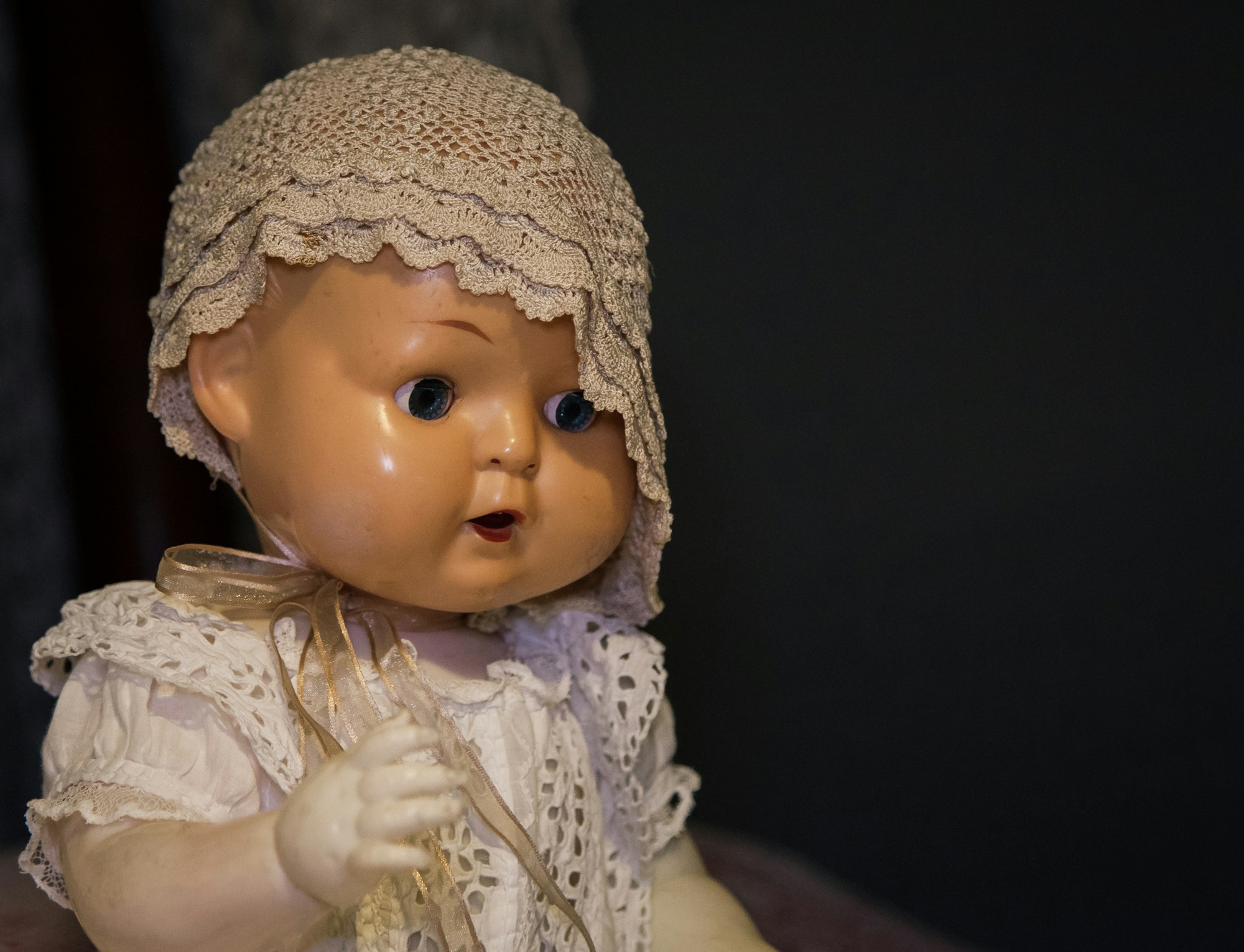Benefits of a Memory Box
Ease the stress of Alzheimer's with a personalized memory box filled with objects that trigger memories and provide cognitive exercise. Find out how these boxes can bring peace, familiarity, and nostalgia to seniors suffering from Alzheimer's disease.

Unlocking the Power of a Box of Memory: Helping People with Dementia Feel Connected
Contributed by Jeff Anderson
It comes as no surprise to those who have worked with Alzheimer’s patients that the memory loss and confusion associated with the disease can be a significant source of stress. In fact, the cognitive deficits and emotional distress are among the most challenging and debilitating aspects of Alzheimer’s disease. Therefore, any tool that can offer relief from these symptoms is well worth considering for caregivers and anyone involved with seniors facing Alzheimer’s and dementia. One valuable resource that may provide dual symptom relief is the “memory box” made by caregivers or loved ones.
A memory box is precisely what it sounds like: a container filled with objects designed to trigger memories from a person’s life. While the contents of each memory box will differ from one individual to another, some common themes exist. Every item included should be carefully selected to serve as memory cues. Examples might include family photos, letters, artwork created by children or grandchildren, postcards, cherished trinkets, and souvenirs from trips. Consider creating memory boxes for special days like Valentine's Day, Mother's Day, Father's Day, and birthdays to commemorate these important occasions.
Of course, every box should be personalized with items that hold special significance for the particular Alzheimer’s patient and reflect their interests and pastimes. Examples might include a golf ball, gardening trowel, knitting needles, stamps, coins, and more. It’s a good idea to avoid items that are heavy, fragile, sharp (like pins, sewing needles, and fishing lures), or anything that could pose a hazard when someone reaches into the box. It’s also helpful to avoid items that may trigger sad memories. Additionally, items with scents, such as perfumes, colognes, and potpourri, can be particularly beneficial, as our sense of smell is a powerful trigger for memories.
The benefit of the memory box are numerous. Most importantly, it provides a sense of peace, familiarity, contentment, and nostalgia for the box’s owner. Moreover, both the process of creating the box and sifting through its contents later on engage the individual’s senses – touch, sight, smell, and more. They also offer opportunities for cognitive exercises, especially memory and recall, which are crucial for Alzheimer’s patients. All of this, along with the chance for someone with Alzheimer’s to connect with another human being during a stimulating and relaxing journey down memory lane.
Jeff Anderson’s career began as a creative author after graduating from the University of Alaska Fairbanks. He discovered his true calling when he started working with seniors. In addition to researching and writing about issues affecting seniors, Jeff enjoys engaging with others on Alzheimers.Net, a community for Alzheimer’s patients and their families.
Introduction
A memory box is a thoughtful way to preserve cherished memories and mementos, providing a tangible connection to the past. It can be a powerful tool for individuals with Alzheimer’s disease, helping to stimulate conversation and evoke emotions. In this article, we will explore the benefits of memory boxes for Alzheimer’s, provide guidance on making a memory box, and offer tips for creating a personalized memory box. Whether you are a caregiver, family member, or friend, you will find valuable insights on how to make a memory box that brings comfort and joy to your loved one.
What is a Memory Box?
A memory box is a container used to store items that hold sentimental value, such as photos, mementos, and personal items. It can be a simple box or a beautifully crafted container, depending on the individual’s preferences. Memory boxes can be used to preserve memories of special events, people, or places, and can be a valuable tool for individuals with Alzheimer’s disease. By carefully selecting items that evoke positive memories, a memory box can help individuals reconnect with their past and provide a sense of continuity and identity.
Benefits of Memory Boxes for Alzheimer’s
Memory boxes can have a profound impact on individuals with Alzheimer’s disease, providing a sense of comfort and familiarity. The benefits of memory boxes for Alzheimer’s include:
- Stimulating conversation and evoking emotions: Memory boxes can spark meaningful conversations and help individuals express their feelings.
- Providing a sense of comfort and familiarity: Familiar items can create a sense of security and reduce feelings of confusion.
- Helping to preserve memories and mementos: Memory boxes serve as a tangible link to the past, helping to keep cherished memories alive.
- Encouraging social interaction and engagement: Sharing a memory box with family members or caregivers can foster social connections and reduce isolation.
- Reducing stress and anxiety: Engaging with familiar items can have a calming effect and help alleviate anxiety.
Making a Memory Box
Making a memory box is a simple and meaningful way to preserve cherished memories. Here are some steps to follow:
- Choose a container: Select a box or container that is sturdy and easy to open. It could be a decorative box, a wooden chest, or even a simple shoebox.
- Gather items: Collect items that hold sentimental value, such as photos, mementos, and personal items. Think about what brings joy and comfort to the individual.
- Organize items: Organize the items in a way that makes sense to the individual, such as by date or category. This can help make the memory box more accessible and enjoyable to use.
- Add labels: Add labels or notes to the items to provide context and explanation. This can be especially helpful for caregivers or family members who may not be familiar with the significance of each item.
- Personalize the box: Personalize the box with the individual’s name, photos, or other meaningful items. This adds a special touch and makes the memory box uniquely theirs.
Creating a Personalized Memory Box
Creating a personalized memory box can be a meaningful way to preserve cherished memories. Here are some tips to consider:
- Use personal items: Use personal items that hold sentimental value, such as photos, jewelry, or clothing. These items can evoke strong memories and emotions.
- Add sensory items: Add sensory items, such as music or scented candles, to create a multisensory experience. Engaging multiple senses can enhance the memory-triggering effect.
- Incorporate favorite things: Incorporate the individual’s favorite things, such as hobbies or interests, into the memory box. This can make the box more engaging and enjoyable to use.
- Make it interactive: Make the memory box interactive by adding items that can be touched, held, or manipulated. This can provide a tactile experience that is both comforting and stimulating.
- Involve family members: Involve family members in the process of creating the memory box, and encourage them to contribute items and memories. This can make the memory box a collaborative and meaningful project.
By following these tips and guidelines, you can create a personalized memory box that will provide comfort, stimulation, and joy to individuals with Alzheimer’s disease.
You might also like this article:
















